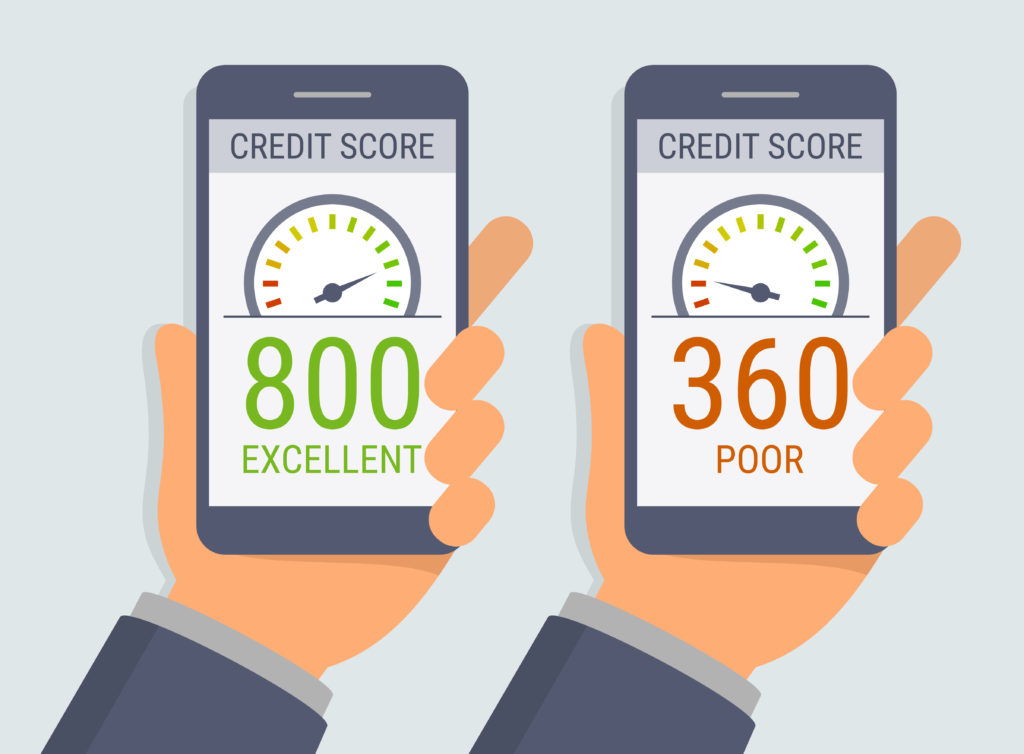Purchasing a home, especially as a first time buyer, has proven to be a long and difficult process. It’s stressful, a pain and a real headache to go through. In this article, we discuss what it takes to get a home loan approval and how to meet the minimum requirements to qualify. Let us help you with these simple tips!

Improve Your Score
A good way to start the approval process is to improve your credit score. It’s important to make your score as high as possible before applying, scores of 740 or more are suggested; the higher the better. Once you feel it’s acceptable, you’ll need to grab a copy of your credit report from all three credit reporting agencies: Equifax, Experian and TransUnion. Be sure to check each report thoroughly for errors.

Get Pre-Approved
After getting your credit checked, don’t go shopping for a new home just yet. Another thing you’ll need is a pre-approval letter from a loan officer. During this process, they will check your credit and validate your finances. To get pre-approved, it is important to gather the following documents: W2’s and paycheck stubs, 2 years of tax returns, 2-3 months of bank statements and proof of down payment.

Know Your Type and Budget
There is no “one size fits all” home loan. Depending on your budget, you may qualify for loan programs that offer a variety of advantages. Since buying a home is such a major investment, it’s important to keep in mind your finances and budget costs for all home ownership expenses. Researching the different loans can help you know exactly what you’re getting into. If you’re a first time buyer, it’s beneficial to know the types of loans that are available for you such as a FHA (Federal Housing Administration) loan.
Conclusion
Home loans can be complicated and confusing for many first-time and even veteran home buyers. We can help guide you through this significant financial decision and get you approved for the home loan that works best for you! American Mortgage Resource, Inc. has the solutions you need to ensure that your loan application gets approved and the process runs smoothly.


















